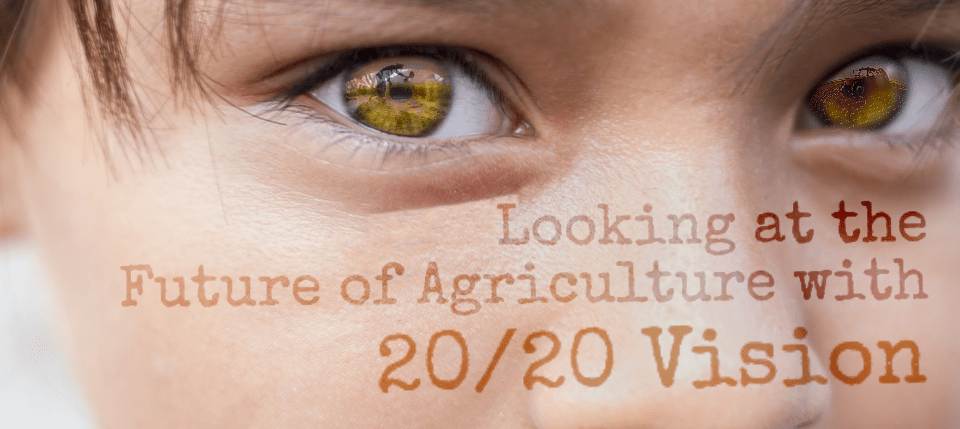The politics of progress
Change frequently makes us uncomfortable. Some adjust easier than others do. Some embrace change, while others shun it. Generally, we tend to welcome changes that improve our daily lives, such as the newest version of a cell phone. Whereas, changes that require us to do things differently can be more challenging to accept and adopt. Many times, corporations, organizations or sectors of the economy have vested interests that ensure change do not occur or they try to delay and prevent change for as long as is possible. With the dawn of 2020, perhaps people will view some necessary changes with better clarity.

Cost of youth
One vital and easy change that would be wonderful to witness this year is the commercial production of Golden Rice. Golden Rice is rice modified to have increased availability of Vitamin A, which offers a source of Vitamin A in a food that is already part of dietary consumption in many parts of the world, especially developing countries. Vitamin A deficiency comes with a terrible cost, it contributes to an estimated 4,500 childhood deaths every day, while also being the leading cause of 250,000 cases of childhood blindness per year. Sadly, Greenpeace has waged a 20-year battle against Golden Rice, all for political gain, ignoring the costs measured in the cases of childhood blindness and death.
Blockade of GM
Another crucial change for improving global food security would be to end the regulation of GM crops. Thousands of trained scientists in over 60 countries have assessed the risks of growing and consuming GM crops for 25 years, without a single article of evidence of danger, harm or risk. The burden of over-regulation on the commercialization of new crop varieties is staggering, threatening the ability of agriculture to substantially reduce food insecurity in the near future. As plant breeding adopts new technologies like the rapid, precise and cost effective genome editing, the needless regulation of these technologies serves to undermine food security improvements in dozens of food insecure countries.
Protecting animals and their owners
An important change on the livestock production side of the ag industry would be to strengthen trespassing laws. While animal activists have their right to protest, they do not have the right to cause harm to the animals or those raising them, which happens when livestock production is trespassed on. Change is needed to ensure that trespassing and occupying livestock barns is illegal, and individuals doing so are fully prosecuted for reckless endangerment of animal health and life. The livestock stress, disease, and are substantial by having misguided activists entering contained and sealed production facilities. The court system needs to recognize these are serious animal welfare crimes, rather than releasing these criminal activists with a mere slap on the wrist.
Ownership of the digital
In 2020, the digital age is in full swing, and one change that would be welcomed is increased clarity about ownership of, and access to, farmer data. Automation and digital technologies gather tremendous amounts of information, that in some instances, results in the actual farmer have minimal access to their own data. This data has value for farmers and should be owned by them, it is after all data collected from their machinery on their production. While farmers produce and collect data, access to this data benefits significant components of the ag industry. However, shouldn’t those who benefit from this data be paying farmers for access to their data? Given that the ag industry is using this data to increase profits by selling products and services to farmers, why should that data be free? Discussions and guidelines are required so that farmers are not being required to pay service providers to extract value from their own farm data.
As we enter the final year of the second decade of this millennium, let’s hope that there is an increase in the awareness and understanding of common agriculture practices. Right now we are not looking at our future with 20/20 vision. If the vision for the future doesn’t improve in 2020, then when will we have a better opportunity?


